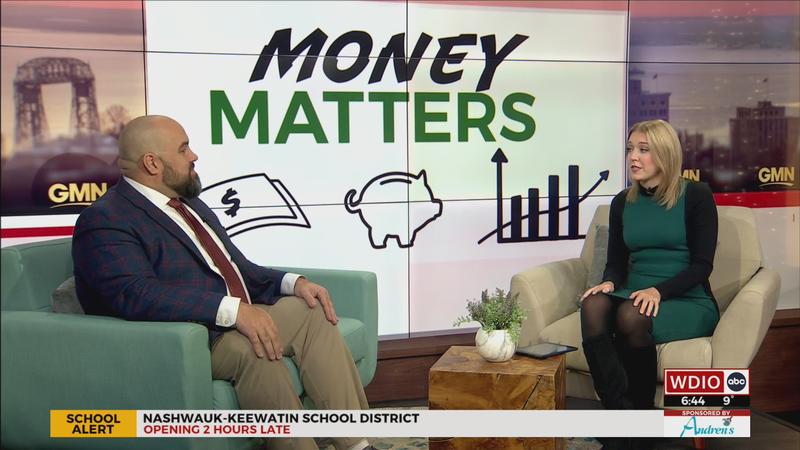Money Matters: Financial Rules to Break
[anvplayer video=”5075589″ station=”998130″]
Barry Bigelow with Great Waters Financial discusses four common financial rules that you should break.
The first financial rule to break would be to always use credit cards. Not using credit cards is a good thing if you are a person who can’t organize your finances. It can be something that saves you hundreds of thousands of dollars over your lifetime if you use a credit card to build your credit score. If you are paying off those balances every single month, make sure that is being reported to the credit bureaus when you check your credit and that should be a net benefit for you over your lifetime. So instead of saying don’t use credit cards, think instead of using credit wisely.
The second financial rule to break is to pay off your mortgage before saving for retirement. The money that you save even if it’s five dollars a paycheck in your twenties, is the money that you are going to spending when you retire in your fifties, sixties or seventies. So even if you are just making incremental progress right now, stock market averages are a seven or eight percent return, mortgages are usually around three to five percent. So putting a little bit in each category, paying off the mortgage is definitely a benefit but saving for retirement and starting when you are young is the best way to get there.
The third rule to break is that the only way to make money and have a secure future is to go to college. Trades are a great way to make a living. It gets you an early start and you get to avoid some of that college loan debt that a lot of people are dealing with. The average college loan debt is getting higher and higher each year which is a very high hurdle to climb when you are trying to start out as a 22 or 23 year old. Seek out your future wisely and know that college may not be the path for everyone.
The last financial rule to break is getting your tax refund check. Getting a tax refund is a passive financial habit and we want to have active financial habits that are good for not only the thing that we are working on currently but everything we do going forward. So if you are a person who is used to getting a refund, maybe this year, just start out pulling back just a little bit, and then taking that money and putting it in a saving’s account yourself. If you are a person who when you see money, you can’t help but try to spend it, put it in a saving’s account where you don’t have online access. Maybe it’s a different bank than your normal bank. But then having access to those funds as you go through the year, it really takes the stress off of you if you absolutely need it for an emergency, and for unplanned expenses.
